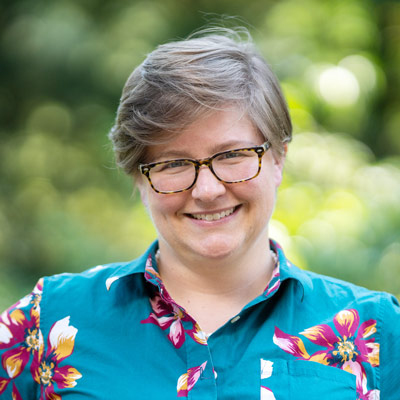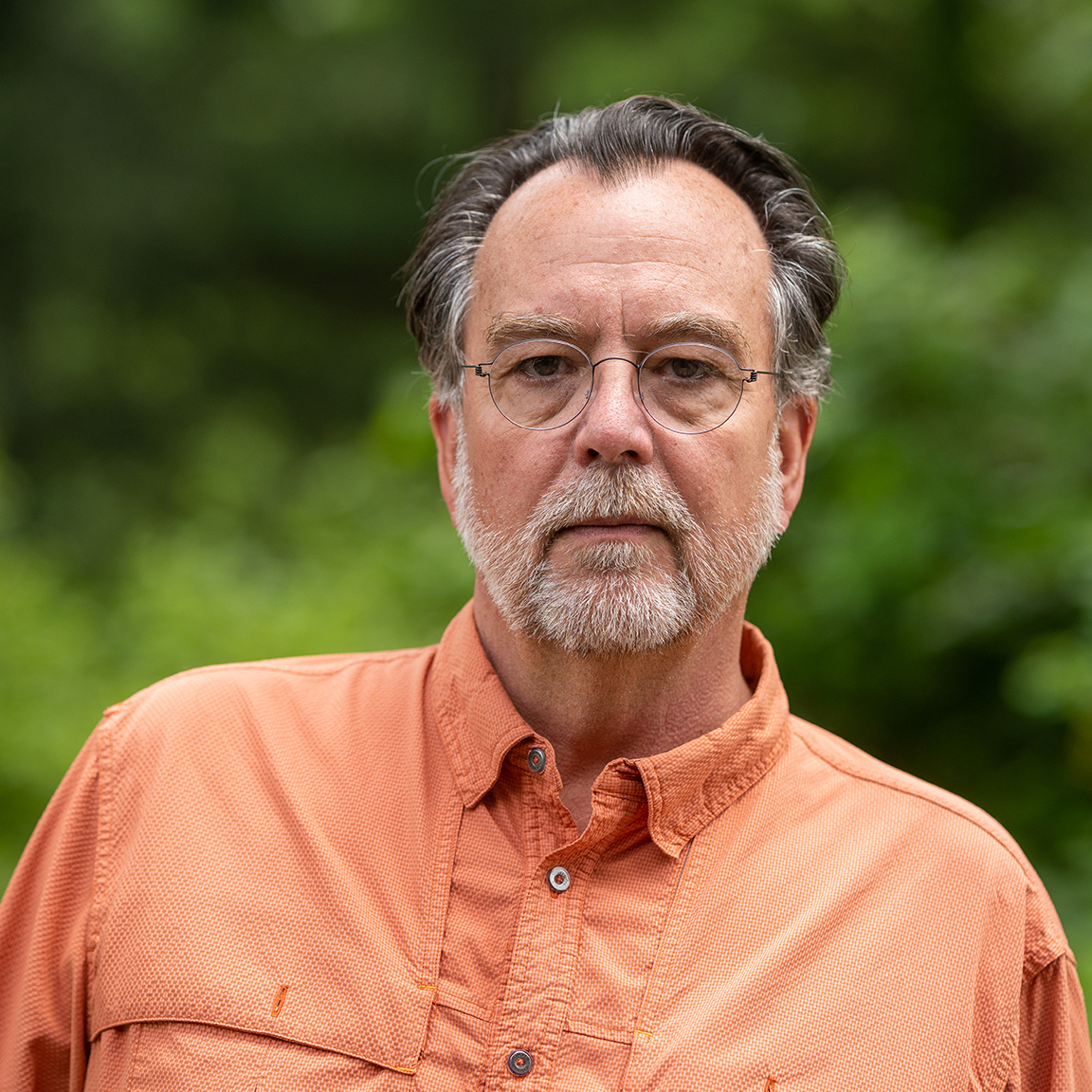Sarah Parmelee, Land Use Field Representative for Culpeper County
“One of the things that really sold me on this is the journalistic nature of approaching land use decisions,” says Sarah Parmelee, PEC’s field representative for Culpeper County.
Since joining PEC in August 2022, Sarah has been tackling big questions around data centers, utility-scale solar, and other land use trends in the mostly rural jurisdiction. Her days involve deep research into proposals, analyzing their implication and communicating back-and-forth with residents, county staff and decision makers.

With previous experience at the Virginia Department of Forestry, Sarah sees this role as another iteration of her passion to advance conservation. “The opportunity to make more of an impact through land use decisions was really exciting to me,” she says.
With deep agricultural roots, Culpeper has long maintained that a strong rural character is core to its identity. Residents often cite its scenic farmland, walkable towns, natural areas and historic sites, and small-business economy as reasons they’ve made it home. However, a recent slew of proposals for industrial development has brought the county’s future into question.
“From my perspective, an ideal direction for Culpeper is smart growth around the towns, the already-established urban areas that can support it, and a more active effort to preserve the farms and forest lands that make this place livable and separate from Northern Virginia,” says Sarah, who lives in Jeffersonton, Va.
Outside of advocacy, Sarah loves spending time in the outdoors – horseback riding, foraging on community trails, tending to the native landscaping in her suburban backyard, and making appearances at tree plantings and prescribed burns.
Rob McGinnis, Senior Field Representative for Albemarle and Greene counties
For Rob McGinnis, the jump to a land use role in the greater Charlottesville area felt like a logical progression. He’s lived in its principal city for most of the last 40 years and has spent a career in resource conservation and sustainability through landscape architecture, often in collaboration with local and federal governments. “That work started to be eclipsed by climate change, but without the local focus I wanted” he says.

He joined PEC staff at a critical moment for Albemarle County — the drafting of its AC44 comprehensive plan, which will guide the county’s planning and zoning decisions for the next 20 years. “It’s an opportunity to think about the county as a whole, so PEC’s advocacy work is heavily focused on protecting the rural areas from sprawl and showcasing their major role in addressing climate change,” Rob says.
For him, the work in Albemarle and Greene is personal. “I’ve been criss-crossing and spending time in both counties for decades,” he says, citing birding walks with his wife, countryside drives and fly-fishing for native brook trout in the mountains. “These are not just great places to take a hike or look at scenery. They are really doing a lot for us in terms of carbon sequestration, food and water security, biodiversity.”
He hopes to curtail the narrative that rural and urban areas are at odds with each other, rather than mutually-dependent for a resilient future. “It’s daunting. But the good news is that there are a lot of really smart people and organizations doubling and tripling down on fighting climate change. People haven’t thrown in the towel.”
These profiles appeared in The Piedmont Environmental Council’s member newsletter, The Piedmont View. If you’d like to become a PEC member or renew your membership, please visit pecva.org/join.
